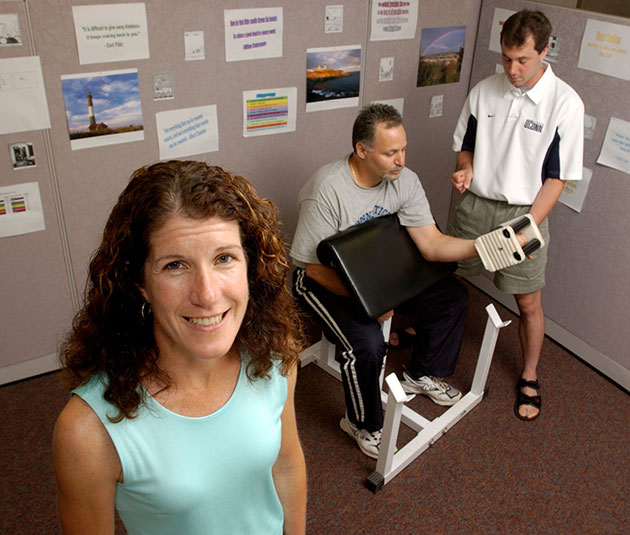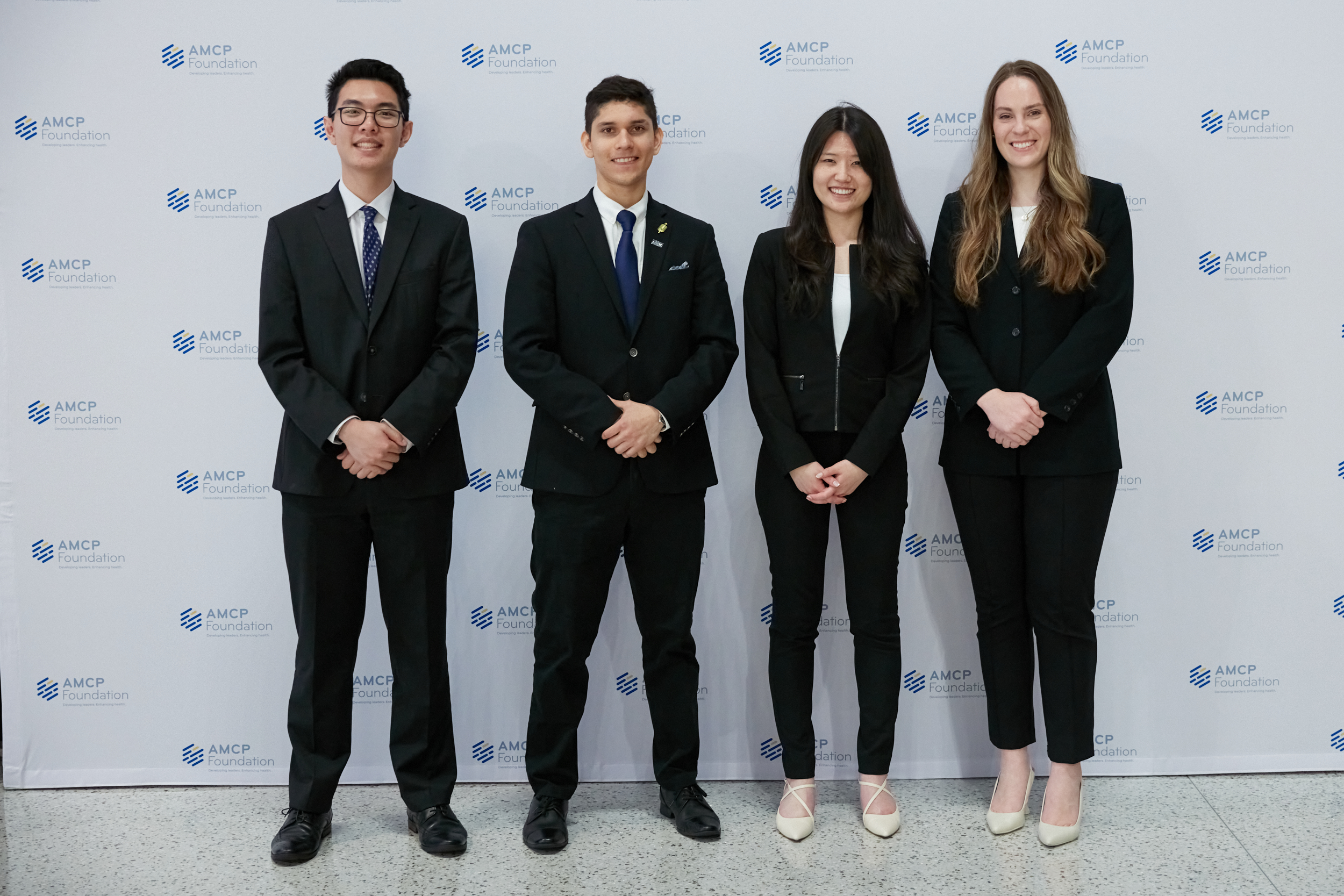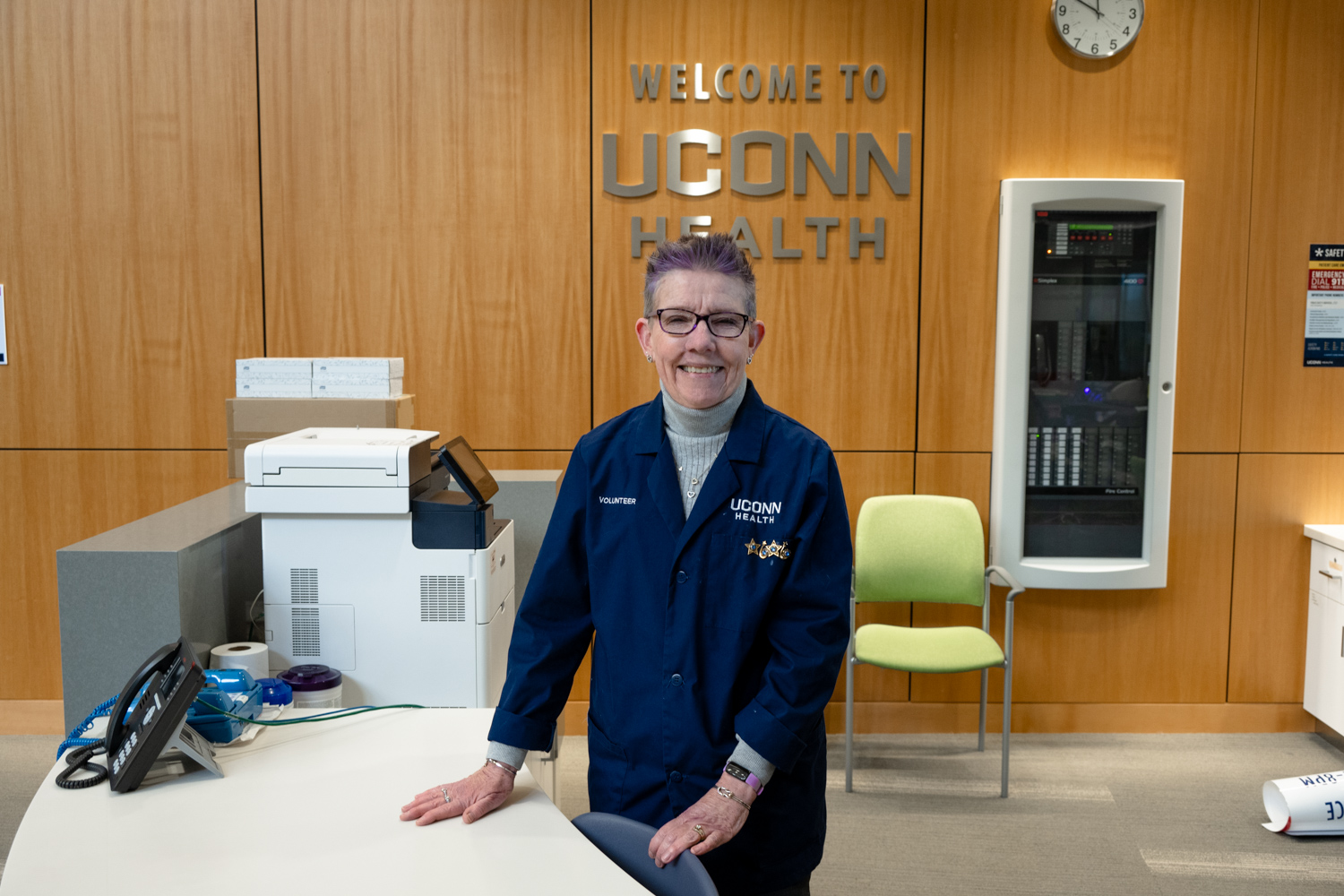With obesity now a national epidemic, doctors, nutritionists, and exercise professionals are doing everything they can to encourage people to lead healthier lives, and that includes participating in regular, sustained weekly exercise.
But not everyone is cut out for running three miles a day or lifting weights at the gym four times a week. So what do you do? Exercise and fitness expert Linda Pescatello, Board of Trustees Distinguished Professor of Kinesiology, is part of a group of scientists exploring our genes to find ways to match the right forms of exercise to our body’s genetic makeup in order to achieve the maximum health benefits.

Pescatello recently participated in one of the largest genetics-based exercise studies ever undertaken. She will provide an overview of her findings in a lecture titled “Why Don’t My Designer Jeans Fit? It’s Because of My Genes!” on May 1 as part of the UConn Center for Health Intervention and Prevention’s (CHIP) spring lecture series on Genomics and Health Behavior. The lecture is free and open to the public.
Through the group’s research, Pescatello has found that an individual’s genetic makeup can lead them to prefer certain intensities of exercise, and therefore, genetic predisposition can impact a person’s ability to lose weight or increase their fitness.
But that doesn’t mean individuals whose genetic makeup is predisposed to be less impacted by vigorous exercise should just give up and embrace a couch potato lifestyle, says Pescatello. Just the opposite is true.
“People shouldn’t feel a sense of fatalism that no matter what they do, because of their genes that is what they are going to become,” says Pescatello. “Genes do lead to certain predispositions for different traits. However, those genetic tendencies can be modified. We call that effect mediation, and one of the best effect mediators when it comes to being overweight is physical activity. You might not lose as much weight as another person who is more genetically inclined to benefit from rigorous exercise, but if you weren’t exercising at all, you could still be 20 pounds heavier.”
Pescatello’s research group embarked on the exercise study in 2001 hoping to identify key genes that were directly associated with exercise and fitness. What they found, however, was that the influence of specific genes is extremely complex, and variables such as a person’s clinical characteristics (their body’s conditioning level, their gender, or body type) and personal behavior (diet, sleep habits, exercise preferences) can have a significant impact on their health outcomes.
Ultimately, the team, along with other researchers, hopes to map key genes and regulatory factors that predict the way a person will respond to exercise. Pescatello says this could someday allow physicians to prescribe tailored exercise regimens that match the right person with the right exercise prescription, in order to provide the maximum health benefits for a targeted health outcome, such as weight loss or disease mitigation.
“The current prescription for weight loss or successful weight loss maintenance is large amounts of moderate-intensity exercise upwards of five hours a week,” says Pescatello. “But if the person you’re prescribing to isn’t predisposed to respond to it, you are probably better off writing an exercise prescription that the individual is more likely to adhere to over the long haul. That kind of regimen would have a greater influence on weight gain or successful weight loss maintenance.”
In other words, she says, if a person is genetically predisposed to not gain significant health benefits from running long distances and is likely not to adhere to an exercise regimen requiring running a certain distance daily, than it would be better for a health care or exercise professional to prescribe another aerobic activity. Walking or Zumba, or perhaps resistance training like weight lifting, may be something the patient is more genetically inclined to benefit from.
Even though the benefit of regular exercise is clearly proven, only about a third of physicians today prescribe exercise for their patients, Pescatello says. Some patients may be reluctant to exercise because they feel what is required is too difficult, or they may not feel it will help their condition in the long run. If health care and exercise professionals know a patient’s genetic predispositions and then tailor an exercise regimen that would maximize results relative to effort, the patient may be more inclined to participate.
“If we could truly develop the right exercise prescriptions for the right people, obviously the effectiveness of exercise would be improved,” she says.
Pescatello’s presentation on May 1 is from 12:30 to 1:30 p.m. in Room 204 of the J. Ray Ryan Building in Storrs, and will be followed by a brainstorming workshop from 2 to 3:30 p.m. The workshop, “Overcoming the Hurdles to Designing Personalized Approaches to Lifestyle Risk Reduction Strategies,” features panelists Marc Lalande (UConn Institute for Systems Genomics), George Weinstock (JAX Genomic Medicine), Brenton Graveley, (professor of genetics and developmental biology, UConn Health), and Deborah Fein (UConn Distinguished Professor of Psychology). The panel will be moderated by Pescatello.
The CHIP lecture series is designed to provide a forum for CHIP investigators, affiliates, and research staff to hear presentations and new work in development by leading national figures in health behavior intervention and prevention. A complete schedule for the Spring 2014 Lecture Series can be found here. The next lecture, on April 3, will feature Lisa Aspinwall from the University of Utah. Aspinwall will discuss genetic testing and the proactive management of familial melanoma risk.




